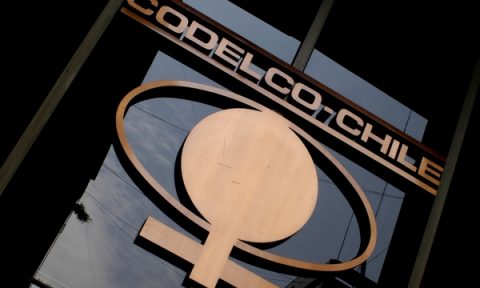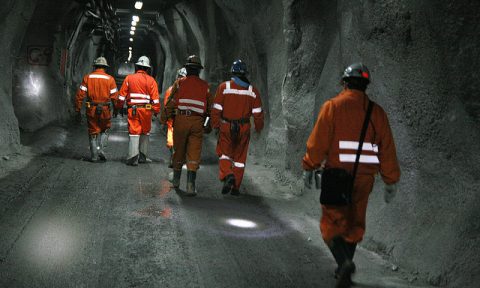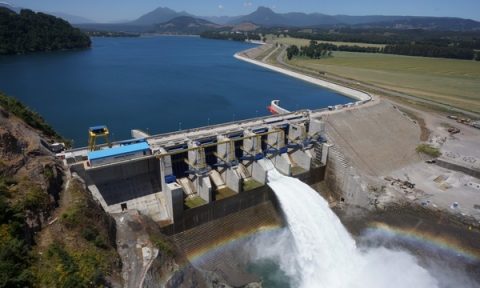Ministry of Mining and Energy aim to strengthen communication with communities

 While in the area of the mining ministry, the idea is to gather information to draw a roadmap Energy zoning projects outlined.
While in the area of the mining ministry, the idea is to gather information to draw a roadmap Energy zoning projects outlined.
More than $ 54 billion in investments are paralyzed directly by the prosecution derived from environmental and social issues that generate conflict in the country.
Chile became so the eleventh country with more environmental conflicts in the world, according to the Global Atlas of Environmental Justice, nearly tripling the conflicts that Canada has, and multiplying by 10 the ones from Australia.
This meant that during the Sebastián Piñera’s administration, multiple initiatives were stopped to unlock the portfolio: working groups were created and alternatives for accelerating investment and environmental courts were sought, but in practice, the complaint from private companies is that although the authority authorizes projects, they may still be rejected.
This uncertainty led to new initiatives entered into the Environmental Assessment System fell 60% in the first quarter, with a reduction of investments reaches 83%, the lowest level in 17 years.
In this scenario Bachelet’s President sent to the ministers her concern by the government’s relationship with communities. Detainees or endangered projects are transverse, so the work should be multidisciplinary. Therefore, the two portfolios most affected are Energy and Mining. Hence, both ministries appointed on March 11 to “responsible for dialogue with the communities,” two unpublished charges seek to internalize the citizen movement that has so complicated these sectors, “without backhoe” as a ministry official said.-
A little over a week after Patricio Diaz assuming, head of the Ministry of Mining Communities, explains that is in the collection of information on the sector, with a view to present to the appropriate minister, Aurora Williams, a work proposal.
“The terms are defined within the first two months. Here is to achieve a work plan, along with the various stakeholders in the mining, communities and other public and private actors. “
This work is within the priorities for ministry says Diaz, conflicts “have a leading role in the development of mining projects.”
The idea of his work is “add to projects greater inclusiveness, participation and dialogue to find a whole new and better solutions to their problems and felt needs.”
In this sense, “the role of the ministry is to contribute to the development of a synergy between communities and mining companies, in increasing, constant and sustainable terms,” says Patricio Diaz.
Energy seeks consensus for core areas
Javier Zulueta is the new director of Participation and Dialogue from the Minister of Energy. From here he explains that by these days his mission is to initiate dialogue and start to gather information and build ties with the various social forces that could be activated in case of conflict, so two weeks ago he visited together with Minister Máximo Pacheco the Magallanes Region , where they talked with companies, authorities, residents and community leaders in order to include society in the variables.-
“Until today, the ministry addressed the energy’s issue with a more technical approach and did not consider the different stakeholders related to the energy world at the time of involving them in the design, implementation and evaluation of public policies in energy,” says Zulueta.
In that sense, the former member of Un Techo Para Chile says his mandate is not “unlock projects”, but search the proposals submitted in the future are best for all stakeholders and develop quickly and safe.
Thus he outlines a proposal aligned with the solution raised repeatedly by the power companies: find developing a “zoning” where different actors, along with the state, define what type of energy could be placed at each place, and on that base design an energy policy. The Zulueta’s idea is similar to model used in Brazil, but incorporates ex ante, to the communities.
This is no easy task, not only because it must consider whether it is a legal body to make binding decisions are taken by the community, but it also includes the collection of data and coordination with other departments as needed National Property or the Water Board. This will make the development of the solutions take time, but he does not know how, says Zulueta.
Source: El Mercurio











